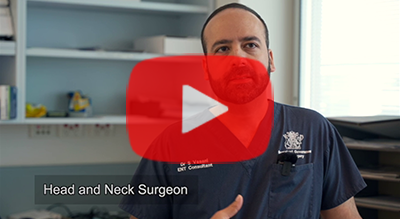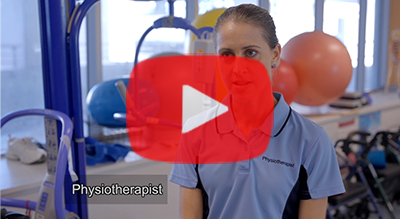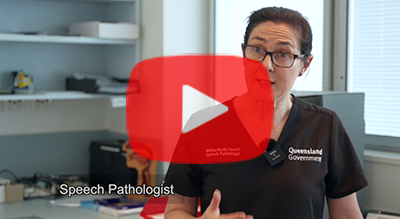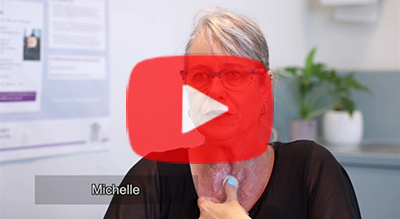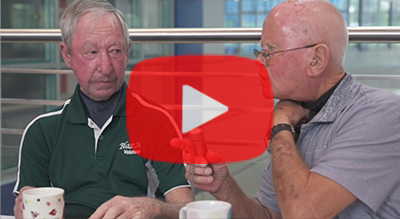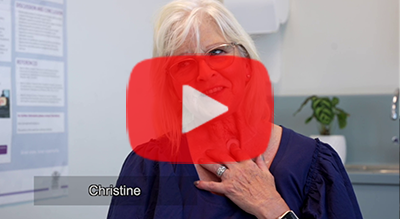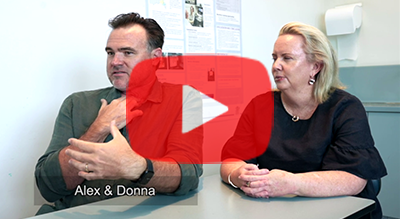Living with a laryngectomy
Watch these videos to learn more about what is involved in preparing for laryngectomy surgery and how to live well afterwards.
Rosie’s story
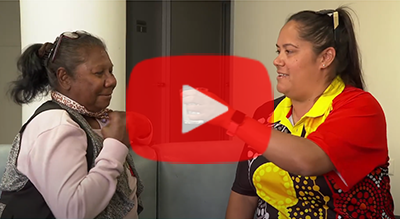
Rosie’s laryngectomy story
By sharing her story, Rosie hopes to help others who are faced with laryngectomy surgery and is proud to be part of the first laryngectomy resource developed specifically for Aboriginal patients. This video was provided by Sir Charles Gairdner Hospital, with kind permission from North Metropolitan Health Service.
Booklets and fact sheets
- Pre-operation laryngectomy information for patients
Download this booklet to read more about how the surgery will impact breathing, speaking, and swallowing.
What do you think of our website?
Take our 2 minute survey and let us know if our website has been helpful!
We would like to thank the patients and families from the Royal Brisbane and Women’s Hospital and the Princess Alexandra Hospital for so generously sharing their stories.
Contact us
Speech Pathology and Audiology Department
Location: Level 2, Dr James Mayne Building, RBWH, Butterfield St, Herston, QLD 4029
Phone: (07) 3646 8026
Email: RBWH-Speech-Pathology
Open: 8.30am-4.30pm
Need help outside hours?
For non-urgent medical issues call 13 HEALTH (13 43 25 84) or visit your GP.
In an emergency call 000.

